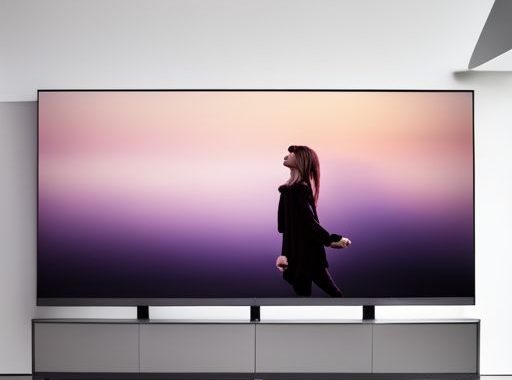Television (TV) audio interference is a common problem that can occur for a variety of reasons. The most common cause of TV sound interference is electrical noise from other nearby appliances. This includes electronic equipment such as computers, microwave ovens, mobile phones and other wireless routers and transmitters.
Other causes include poorly installed or unreliable cable or satellite connections. Poor reception can also be a factor when the TV signal is weak and cannot provide clear sound.
The effects of TV sound interference can range from minor annoyances such as static and static to more serious problems such as distorted sound or no sound at all. In some cases, the interference may affect other devices connected to the same TV set, making them unusable. This can be problematic if important audio or video files are stored on those devices.
In addition, interference can make it difficult to hear the actors in films and programmes, which is a problem for viewers who rely on subtitles or sign language to enjoy their content. Finally, sound interference can be very distracting for viewers, making them less likely to enjoy the content.
To avoid these problems, it is important to identify the source of the interference and take measures to reduce or eliminate it. This may involve rearranging furniture or rewiring your home. You can also move the interfering appliances away from the TV or reduce their signal strength. Finally, if the interference is caused by a weak TV signal, you may need to upgrade your aerial or cable TV service.
Finally, TV sound interference can be an annoying problem, affecting both the audience's audio experience and the overall viewing experience. By taking the necessary steps to identify and resolve the problem, viewers can ensure the best sound quality when watching TV.

